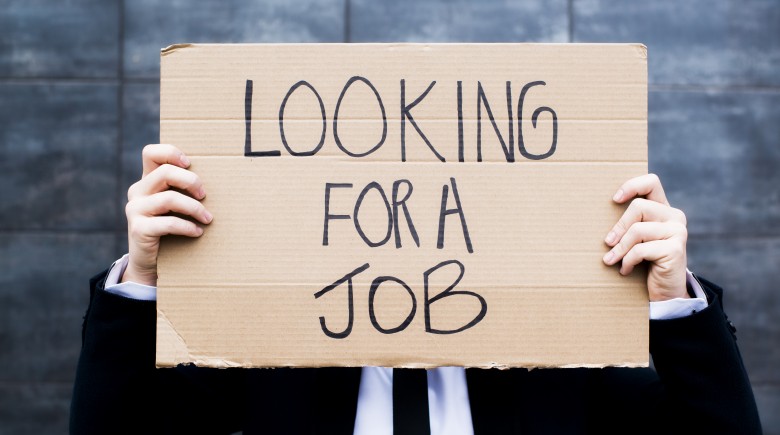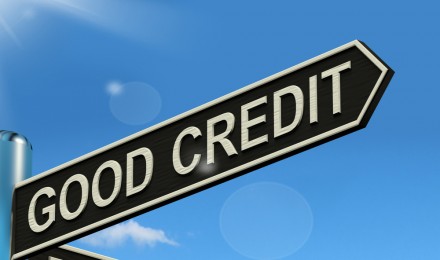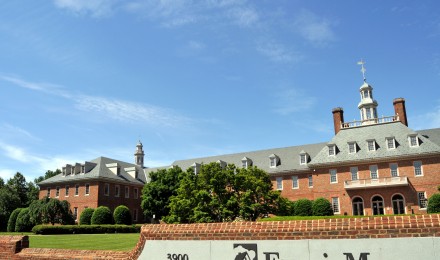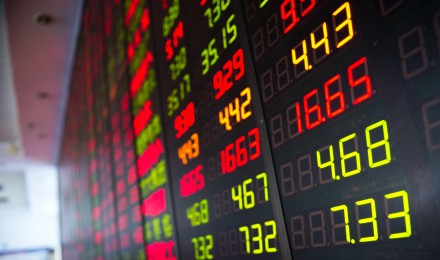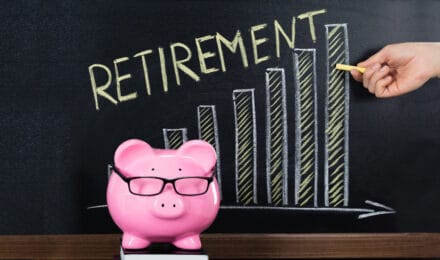The economy has been recovering for quite some time (the recession did in fact end in June 2009). But the entire time the employment situation has been lagging in the recovery. Although businesses are reporting profits, and housing sales are increasing, and vehicles are being sold (at record or near record numbers), for some reason unemployment remains high. The latest report, although better than was to be expected, still shows some grim numbers for the employment situation.
The latest report from the Department of Labor shows that unemployment is still hovering around 7.3%. The October survey has revealed that non-farm payroll increased by 204,000 during that month. While this seems impressive at first, it is still doing little to affect the overall population (approximately 11.3 million people) that are currently classified as unemployed.
The government shutdown had somewhat of an effect on the employment situation. However, it was not a big impact on the overall unemployment numbers. The shutdown caused many federal employees to be furloughed for a couple of weeks. This lead to them being classified as temporarily laid off, driving those numbers to a 448,000 increase over September. However, since those employees did in fact receive a paycheck on October 12th they were still counted as employed, and did not raise the overall unemployment rate.
The recovery from the great recession is moving slowly. Occasionally there will be news that a certain sector had an amazing month, but for the most part the gains are slow and steady. What is happening is that the slow recovery is making it hard for the economy to create a buffer. So when the next recession hits, the effects could be much more drastic than if the recovery was a rapid one. On average there is a recession in the US every 6 to 7 years. Since we are 4.5 years removed from the last recession, many economists think that another one is looming.
Good jobs data is an encouragement. However, the slow growth is not anything to get excited about. The employment situation needs to improve drastically before the economy can be said to be doing well. In the meantime it is simply getting along, not doing good or bad. There is question as to whether the Fed is doing enough to stimulate job growth. Should they be doing more? What do you think? Have you seen improvement in your area? Or are jobs still hard to find?
The economy has been recovering for quite some time (the recession did in fact end in June 2009). But the entire time the employment situation has been lagging in the recovery. Although businesses are reporting profits, and housing sales are increasing, and vehicles are being sold (at record or near record numbers), for some reason unemployment remains high. The latest report, although better than was to be expected, still shows some grim numbers for the employment situation.
The latest report from the Department of Labor shows that unemployment is still hovering around 7.3%. The October survey has revealed that non-farm payroll increased by 204,000 during that month. While this seems impressive at first, it is still doing little to affect the overall population (approximately 11.3 million people) that are currently classified as unemployed.
The government shutdown had somewhat of an effect on the employment situation. However, it was not a big impact on the overall unemployment numbers. The shutdown caused many federal employees to be furloughed for a couple of weeks. This lead to them being classified as temporarily laid off, driving those numbers to a 448,000 increase over September. However, since those employees did in fact receive a paycheck on October 12th they were still counted as employed, and did not raise the overall unemployment rate.
The recovery from the great recession is moving slowly. Occasionally there will be news that a certain sector had an amazing month, but for the most part the gains are slow and steady. What is happening is that the slow recovery is making it hard for the economy to create a buffer. So when the next recession hits, the effects could be much more drastic than if the recovery was a rapid one. On average there is a recession in the US every 6 to 7 years. Since we are 4.5 years removed from the last recession, many economists think that another one is looming.
Good jobs data is an encouragement. However, the slow growth is not anything to get excited about. The employment situation needs to improve drastically before the economy can be said to be doing well. In the meantime it is simply getting along, not doing good or bad. There is question as to whether the Fed is doing enough to stimulate job growth. Should they be doing more? What do you think? Have you seen improvement in your area? Or are jobs still hard to find?
